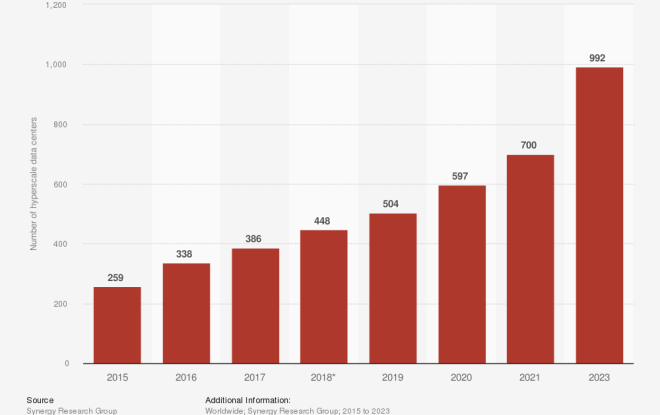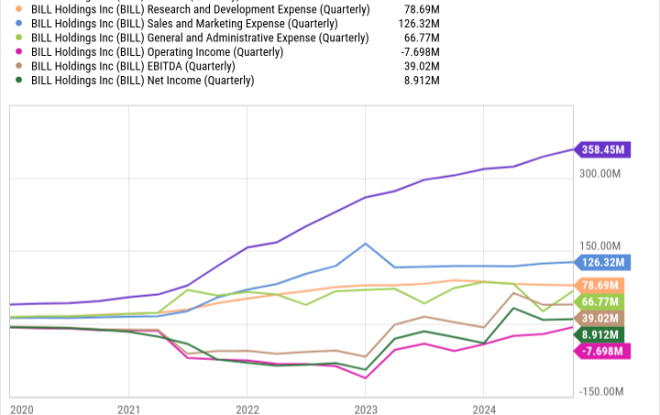I'm Paying 1% on $2 Million: Is My Financial Advisor Charging Too Much?
SmartAsset and Yahoo Finance LLC may earn commission or revenue through links in the content below.
Paying a 1% annual fee to a financial advisor for managing a $2 million investment portfolio is pretty typical, but that doesn’t necessarily mean it’s the right amount for every investor. Even small-sounding financial advisor fees can seriously erode long-term returns when compounded over years or decades. A 1% annual fee on a $2 million portfolio earning 7% could cost you more than $375,000 over 10 years. You may be able to get better performance by choosing a less costly advisor or otherwise finding a lower fee rate. The key is to identify specific services you are receiving in exchange for those fees and carefully evaluate whether your portfolio’s performance and advisor relationship justify the costs from a mathematical and personal perspective.
Do you have questions about retirement planning, tax planning or investing? Speak with a financial advisor today.
According to a 2021 study by Advisory HQ, the average financial advisor fee is 1.02% for $1 million in assets under management (AUM) as an annual fee. Advisors and firms all have their own fee schedules, though, so these can vary. This type of fee usually covers investment management, portfolio monitoring and performance reporting services, hence why they’re usually based on asset tiers. For things like financial planning and other services, hourly and fixed fees are more common, though percentage-based fees can still apply.
Advisors with more years of experience, advanced expertise or special certifications like certified financial planner (CFP) can sometimes charge higher fees. The exact fee percentage can also typically differ depending on the overall account size and specific mix of services provided.
For example, an advisor may offer a tiered fee schedule where the percentage rate decreases as asset amounts rise. In other words, on the first $1 million in a portfolio, the annual fee may be 1.2%, while assets above $2 million are charged at a rate of just 0.8%. This structure allows firms to serve clients across the wealth spectrum, while still being incentivized to help those clients continue accumulating assets.
Some advisors also customize service offerings and related fees to match a client’s needs. An advisor may charge a lower percentage fee, but exclude financial planning and instead focus narrowly on investment management. Others may set up a comprehensive service bundle that includes financial planning, tax preparation, estate planning review, insurance analysis and other, more specialized offerings. In those cases, the fee paid may be higher but aims to encompass full-scope financial guidance rather than just investment portfolio oversight.




Leave a Reply